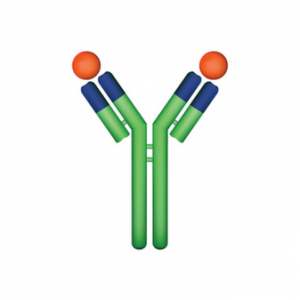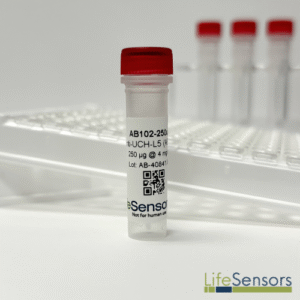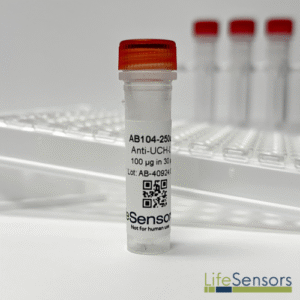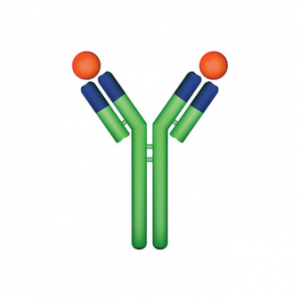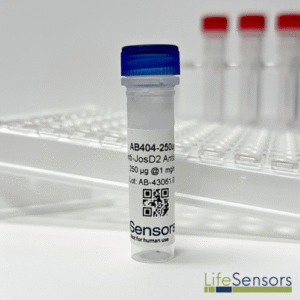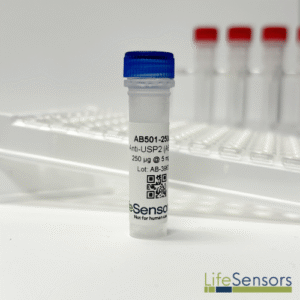LifeSensors is a global leader in TUBEs, SUMO expression, and ubiquitin drug discovery technologies. These technologies have provided the tools necessary for researchers throughout the world to advance their goals of discovering novel drugs for the ubiquitin proteasome system. Each of LifeSensors’ individual technologies is powerful, yet distinct and specialized. On this page, you will find links to our product families. Each product family has unique information about how our TUBEs, ubiquitin-based assays, and SUMO technologies can be leveraged to improve your search for a novel ubiquitin proteasome system drug. If you would like more information about how your project might benefit from LifeSensors technology, please contact us, and a member of our scientific team will be in touch shortly.
Showing 1–16 of 459 results
